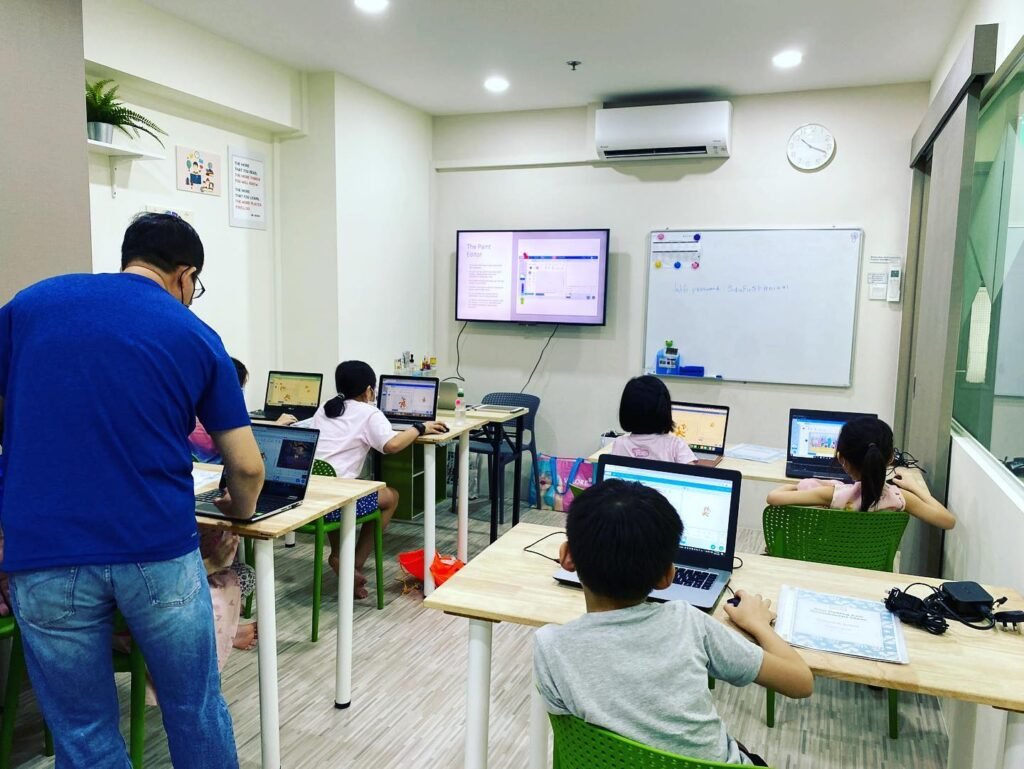Mastering O-Level Chemistry practical exams is not easy, as it requires a lot of preparation, including sharp skills, a deep understanding of the experimental methods, and analysis. Practical assessments evaluate students on the ability to perform experiments accurately and interpret findings.
To ensure that students acquire mastery and confidence in practical skills, EduFirst Learning Centre offers guided instructional online classes tailored for skill acquisition and expert coaching for adequate assessment performance.
An Overview of O-Level Chemistry Practical Exams
The O-Level Chemistry practical assesses students on an extensive range of skills, including observational skills, measuring activities, data interpretation, and drawing conclusions. More class time is often allocated to common experiments like titration, qualitative analysis, and heating substances to determine their properties. Every experiment comes with its own set of precision, especially in terms of laboratory safety.
EduFirst Learning Centre is one of the institutions that offers a structured approach where students are trained on how to conduct experiments systematically. Their expert tutors guide students through practical skills, helping them appreciate key concepts while enabling them to understand important lab skills.
EduFirst Learning Centre provides step-by-step explanations for less familiar tasks accompanied by hands-on virtual demonstrations. Under controlled conditions, students can perform these practical skills with confidence.
Common O-Level Chemistry Exercises and Their Corresponding Techniques
- Titration: Perfecting Acid-Base Interactions
Titration is one of the first experiments performed in O-level chemistry practical, and it consists of neutralizing a solution, usually an acid, with a base to find the concentration of the unknown solution.
Key Steps:
- Wash all burette and pipette with the provided solution to remove chemicals used in previous experiments.
- Measure a fixed volume of acid using a pipette and place it in a conical flask.
- Add a few drops of indicator (for example, phenolphthalein or methyl orange).
- While pouring, swirl the flask so that the liquid inside is agitated, then pour the base from the burette.
- Once the colour change is noted as irreversible, you should stop adding and record the volume used.
- To ensure accuracy, do the titration again using the same steps.
Students at EduFirst Learning Centre perform multiple practice exercises under live online tuition to develop titration skills while receiving customized feedback on each trial. Through hands-on activities, students gain the experience to implement what they learned and practice their understanding of concepts.
- Qualitative Analysis: Recognizing Ions and Gases
Here, students are expected to identify the unknown substances utilizing the relevant chemical tests.
Key Steps:
- Prepare a solution containing dilute nitric acid and silver nitrate to check for the presence of chloride ions (check for white precipitate).
- Prepare a solution with sodium hydroxide to check for the presence of cations. Copper, for example, gives a blue precipitate.
- Use a glowing splint to check for oxygen (it will reignite), and use limewater to determine if carbon dioxide is present (it will become milky).
EduFirst Learning Centre guides students through online tuition, which develops their practical assessment methods by providing them with examination preparation strategies. Their educational program focuses on the practical usage of classroom concepts, which allows students to validate theoretical knowledge through experimental work.
- Heating and Observing Changes
Another common practical skill tested in examinations is heating substances.
Key Steps:
- Use a test tube to heat solid substances and observe changes (e.g. colour changes, gas evolution).
- Make and document observations that should be accurate and match the anticipated outcomes.
- Be careful with safety measures to avoid accidents.
As part of EduFirst’s online classes, students are guided through these exercises by an instructor. Teachers help them build confidence to follow protocols and handle equipment confidently. EduFirst enhances concept by incorporating interactive elements, such as quizzes and virtual laboratories, into lessons.
Tips to Excel in O-Level Chemistry Practical Exams
- Read the Instructions: Follow the experiment steps correctly to avoid mistakes.
- Regular practice: This will improve the ability to perform tasks correctly.
- Use Precise Measurements: Small changes in results may stem from using rough estimates; therefore, precision is crucial.
- Record Observations Systematically: It is essential to ensure that every colour change, precipitate formation, and gas evolution is noted correctly.
- Make Efficient Use of Time: Ensure that each step is given the appropriate time so that all sections can be completed within the time limit.
- Theoretical Concept Behind the Experiment: A full understanding of experimental principles connected to the experiment will enable better result interpretation and more precise conclusions.
- Adherence to Safety Practices: Students must follow the use of protective goggles, gloves, and correct chemical handling procedures, in addition to their use of personal protective equipment.
EduFirst Learning Centre provides online classes that include workshops and practice sessions to prepare students with time management and experiment execution. These sessions are designed to simulate real exam scenarios, helping students practice lab techniques and enhance their precision.
Besides Chemistry, EduFirst also provides guidance in O-Level Math, helping students strengthen their problem-solving skills, which can be helpful in Chemistry preparation. Their academic support ensures that students excel in both theory and practical exams.
Conclusion
EduFirst Learning Centre offers online tuition and offline classes designed to help students master and build confidence to succeed. Students can approach their practical exams systematically with an organized framework, ensuring they capture all opportunities for succeeding on their practical exams.












































